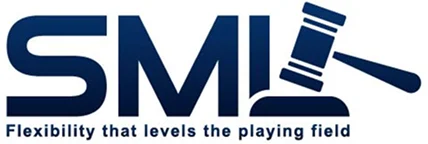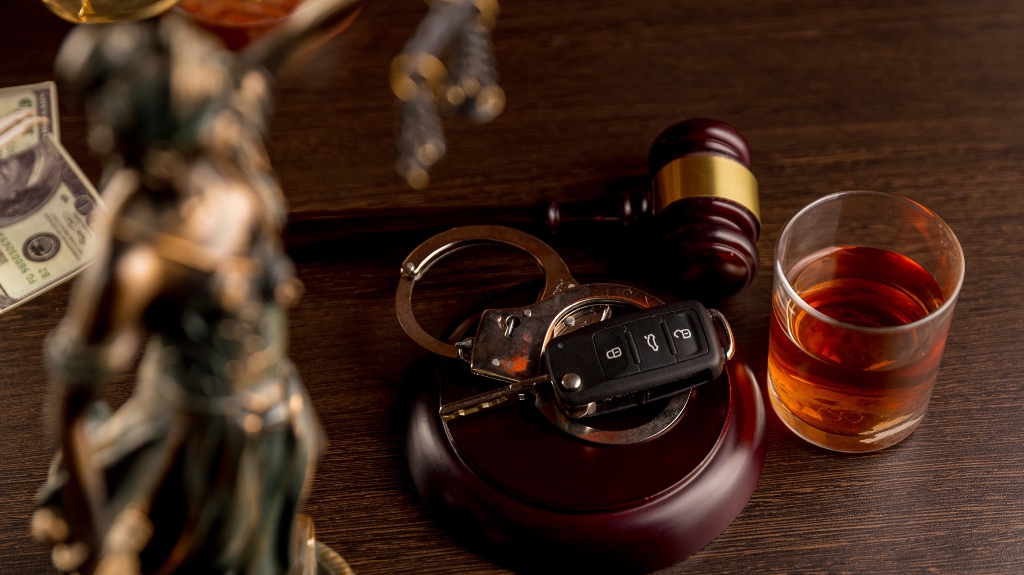You had a drink or two at your best friend’s party and are now heading home. You’re pretty certain you aren’t over the legal limit, but what if you happen to swerve over the line and get pulled over? Will the officer automatically suspect that you’re driving while intoxicated?
The National Highway Traffic Safety Administration created an extensive list of signals that may predict drunk driving. This list has been narrowed down to four major categories of 24 total cues. As a driver, it can be helpful to know what officers are looking for and what may tip them off to an illegal blood alcohol concentration. Curious? Keep reading and learn how to avoid getting charged with a DUI.
Driving Cues that May Indicate Drunk Driving
Although these indicators are not conclusive proof that a driver is illegally intoxicated, they have proven to be an extremely helpful jumping off point for officers on the lookout. The four main categories include:
- Difficulty maintaining correct lane position
- Inability to speed up and slow down properly
- Vigilance problems
- Judgment problems
Weaving between lanes is one of the biggest signs that a driver is over the legal alcohol limit. When a driver is drunk, they have a difficult time staying where they need to be on the road and officers are always paying attention to this.
Speed and braking problems are also extremely common among impaired drivers. If an officer notices that a driver is exhibiting very jerky or inconsistent braking patterns, or speeds up for no reason, they may pull them over to check for sobriety.
Vigilance and judgment problems can be very comparable. All drivers are expected to follow basic cues, such as turning on headlights or using turn signals. Similarly, interacting safely with others on the road is anticipated and failing to do so may be a sign that a driver has been drinking.
The next time you get behind the wheel after consuming alcohol, be aware of these important cues. Even the slightest infraction in any one of the categories may prompt an officer to pull you over for a DUI.


